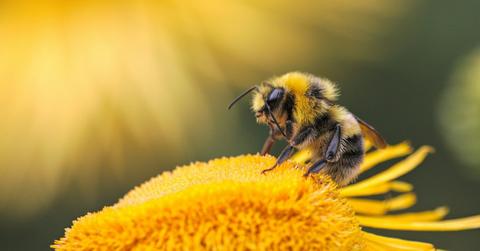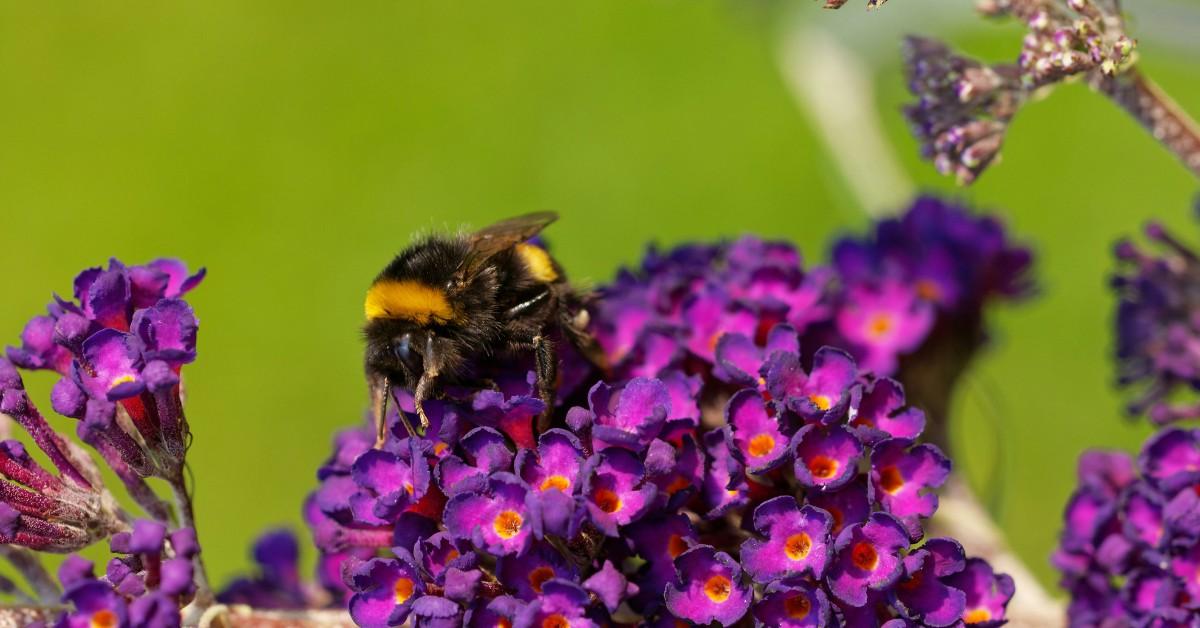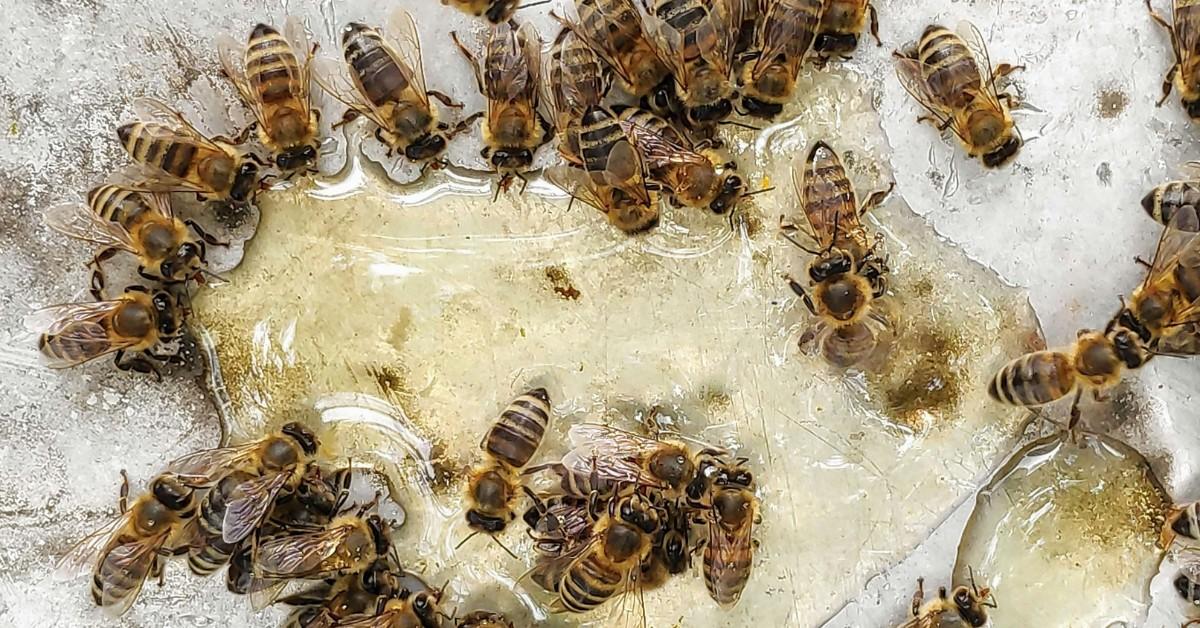Beekeepers Report Losing 62 Percent of Their Bees in 2025 — Why Are Honey Bees Dying?
American honeybee populations are on the decline.
Published March 31 2025, 1:51 p.m. ET

By now, many of us have been made aware of how populations of bees have been declining around the world. However, a 2025 report from Project Apis m. paints a dark picture when it comes to the future of the honey bee, after so many beekeepers reported a stark decline in their numbers at the start of the year. This has left many beekeepers scrambling to figure out what is going on with their colonies.
However, the reason why honey bees are dying seems to be a clear-cut one, which means that a solution to this potentially devastating problem may be within reach.
You can learn more about the sad situation facing American beekeepers below.

Why are honey bees dying?
On Feb. 27, 2025, Project Apis m. released the results of a newly finished study that collected information from 702 beekeepers across the U.S. These numbers represented the equivalent of around 1.835 million colonies of bees, which Project Apis m. notes accounts for 68 percent of our country's bees.
The results of the study indicate significant losses amongst commercial keepers, who say that they lost approximately 62 percent of their bees at the start of the 2025 almond pollination season.
That startling number seems to stem from one place, according to the beekeepers, and it has to do with the foliage that these all-important pollinators rely on for sustenance and cover. According to Project Apis m., the lack of plants has not only decreased the amount of foliage they can access for foraging purposes, but it has also forced beekeepers to purchase alternatives to supplement the colonies, which they say just does not compare to what they would get in the wild.
That naturally occurring forage contains a mix of different foods, which includes daikon radish, common vetch, and triticale.
And, while adding more of those plants to areas where colonies live is a top priority, the report notes that things like climate change, weed management programs, urbanization, and even honeybee bans are all contributing to the problem.

What happens if bees go extinct?
While we're talking about honey bees, Encyclopedia Britannica's website says that there are more than 20,000 different species of bees out there. Even if some of them are doing better than the U.S. honeybees included in the Project Apis m. study, populations of many different varieties of bees are disappearing all over the world.
If those numbers drop too low, Britannica says that we could experience some major consequences as a result.
For example, plants that can only be pollinated by bees will die off. This could cause rippling effects and may even trigger massive loss of habitats, food supply chains for animals, and eventually, extinction.
And, although some of the work that bees do could be replicated by humans, it would be both time-consuming and expensive to do. This could have major implications when it comes to human diets, as fruits and vegetables would be widely impacted.
Things may look bleak when you're reading the results of the Project Apis m. study, but it seems like there are still things that people can do to help bee populations, which includes providing them with their natural foraging materials and avoiding any weed killers that could make them sick.